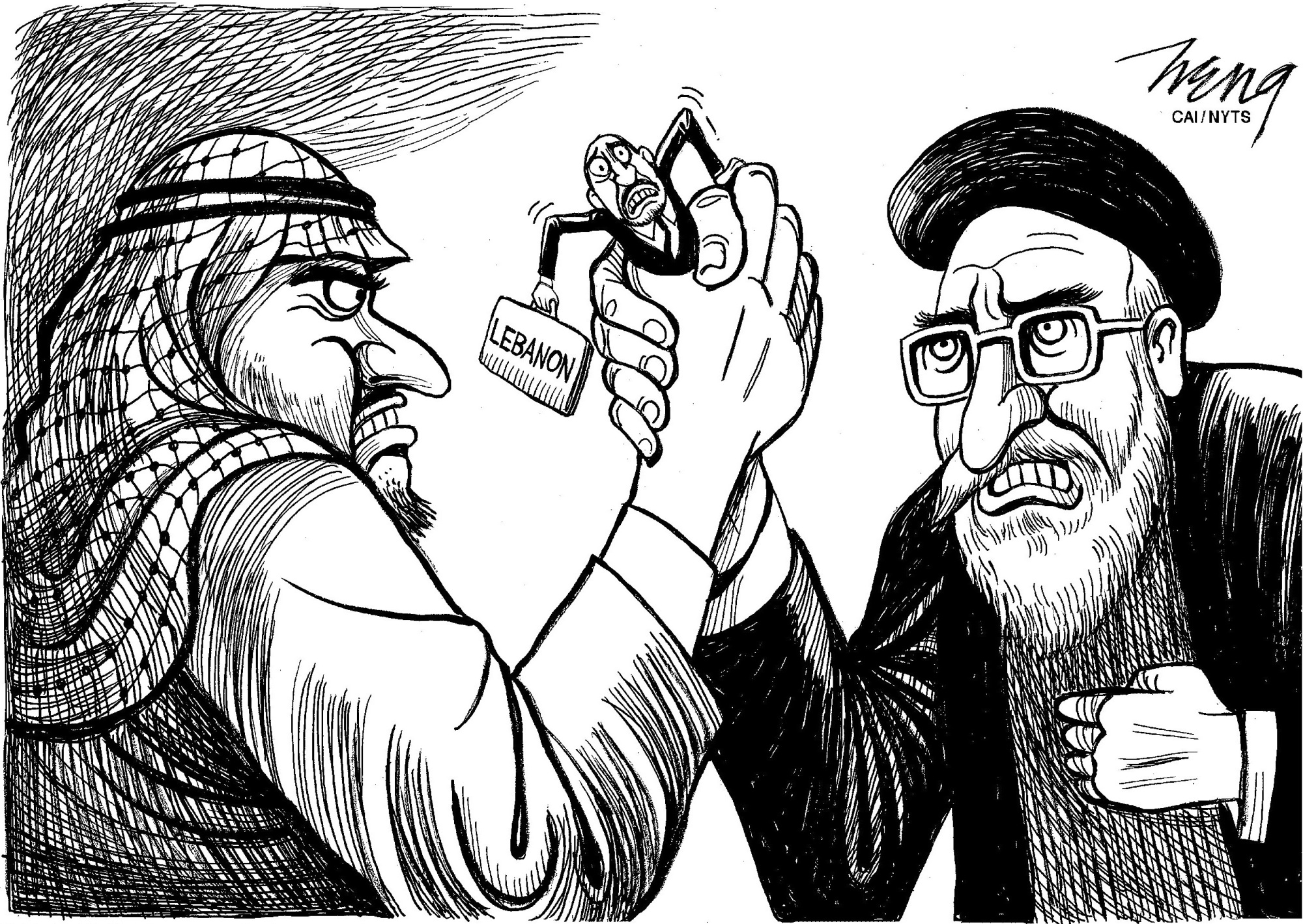On Nov. 19, Arab foreign ministers gathered in Cairo for an hourslong gripe session against Iran and its ally, Hezbollah. The Arab leaders accused Tehran and the Lebanese Shiite movement of destabilizing the Middle East, but they fell short of agreeing on concrete action.
The Arab League meeting capped a month in which the Middle East suddenly seemed to plunge toward a wider regional conflict. Saudi Arabia charged that a missile fired at its capital from Yemen on Nov. 4 was provided to Yemeni rebels by Iran and constituted "an act of war." Saudi leaders then pushed Lebanese Prime Minister Saad Hariri into a surprise resignation during a trip to Saudi Arabia as a way of exerting pressure on Iran and Hezbollah. "Wherever Iran is involved, there is nothing but devastation and chaos," Hariri said in his resignation speech Nov. 4, which was broadcast from the Saudi capital, Riyadh. He added, "Iran's hands in the region will be cut off."
These actions underscore a newly aggressive Saudi foreign policy, led by Crown Prince Mohammed bin Salman, who is eager to challenge Iran more directly and has amassed tremendous power under the rule of his father, King Salman.



